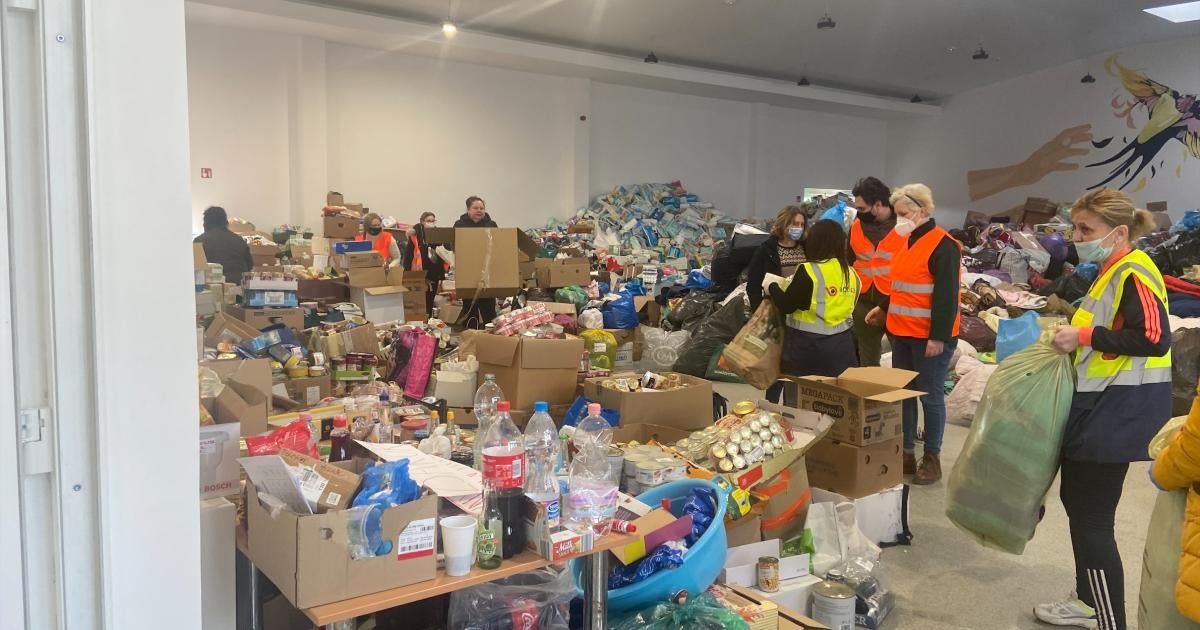Hungarians Helping Ukraine’s Refugees No Excuse for Limited Government Action

At the Hungary-Ukraine border last week and at one of Budapest’s main railway stations, I was struck by the enormous outpouring of solidarity from local communities and volunteers helping tens of thousands of people fleeing the war in Ukraine. Hungarians have to date welcomed more than 140,000 refugees from Ukraine with open arms. While volunteer and charity organizations are doing their best to meet people’s immediate humanitarian needs, it’s less clear what the Hungarian government is doing or has planned.
The authorities may be counting on Ukrainians moving on to other EU countries, but foreign nationals arriving from the warzone will need information and support specific to their situation. People I spoke to – foreigners who had been studying or working in Ukraine – were confused and apprehensive. Some had an entry stamp marked in their passport upon arriving in Hungary but received no information about how long they could stay in the country. Others were given a document allowing them to remain in Hungary for 30 days, but no instructions on what to do after that. Nobody seemed to have received information about their rights or whether they could travel onwards to family or friends in other EU countries.
The EU agreed to grant temporary protection to all Ukrainians, long-term residents of Ukraine, and others who were under international protection there, and, at least for now, those who qualify can travel throughout the bloc and choose where to stay. Everyone else fleeing the war in Ukraine, including foreign students and workers, won’t have access to this temporary protection – they need information and support about their options. Many will want to go back to their own countries, but others may have reasons to remain in the EU, including for family reunification, to continue their studies, or because they can’t return safely to their countries. Unfortunately, Hungary has an appalling refugee track record, having spent the past seven years dismantling its asylum system, making it nearly impossible to get asylum.
The country currently only has two reception centers for asylum seekers. With the likelihood of more people fleeing to Hungary, many without relatives or friends to rely on, it is vital that Hungary’s government ensures a coordinated response to humanely inform, assist, and accommodate refugees and others displaced by the war next door.
Read the full article at the original website
References:
